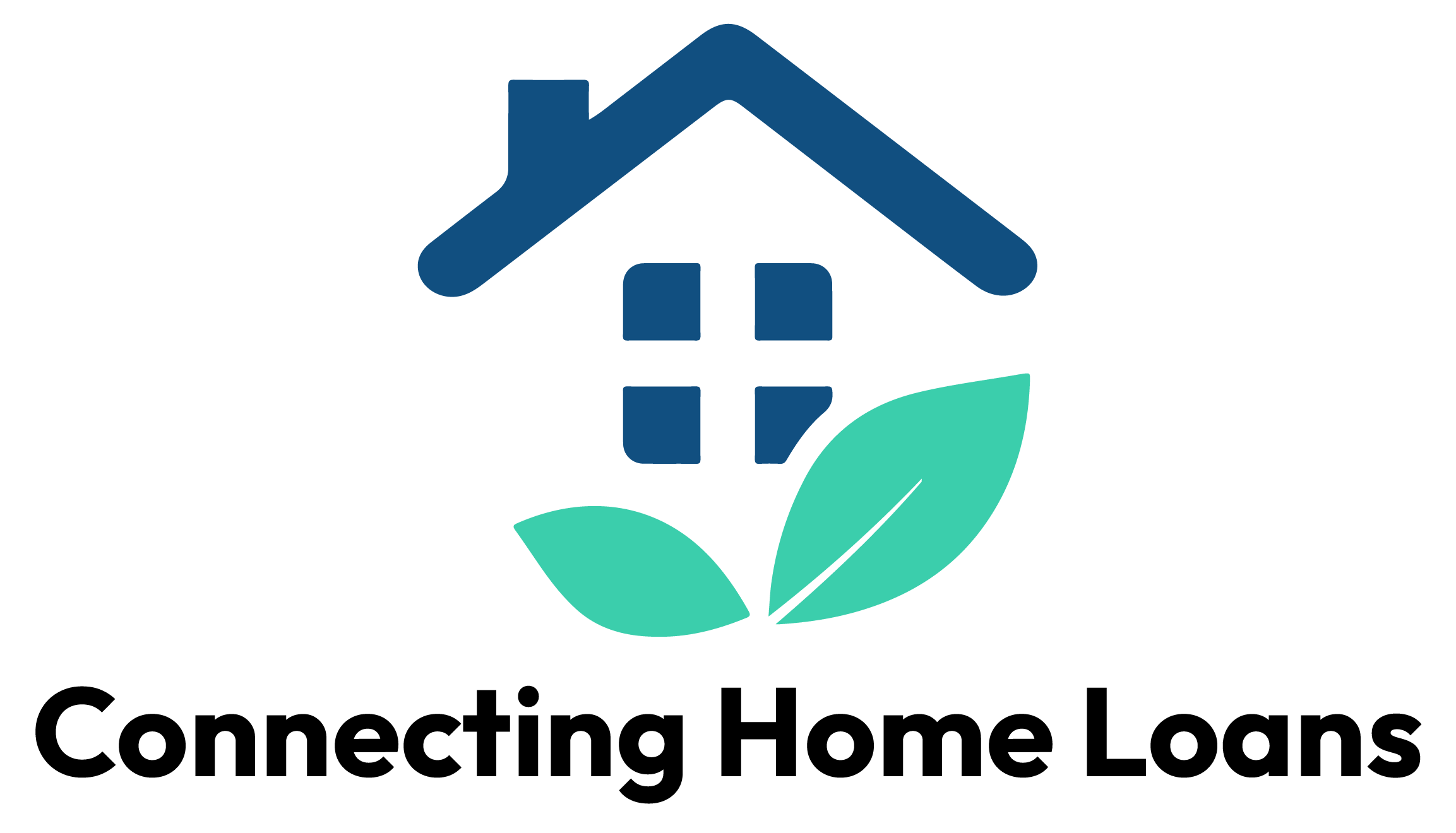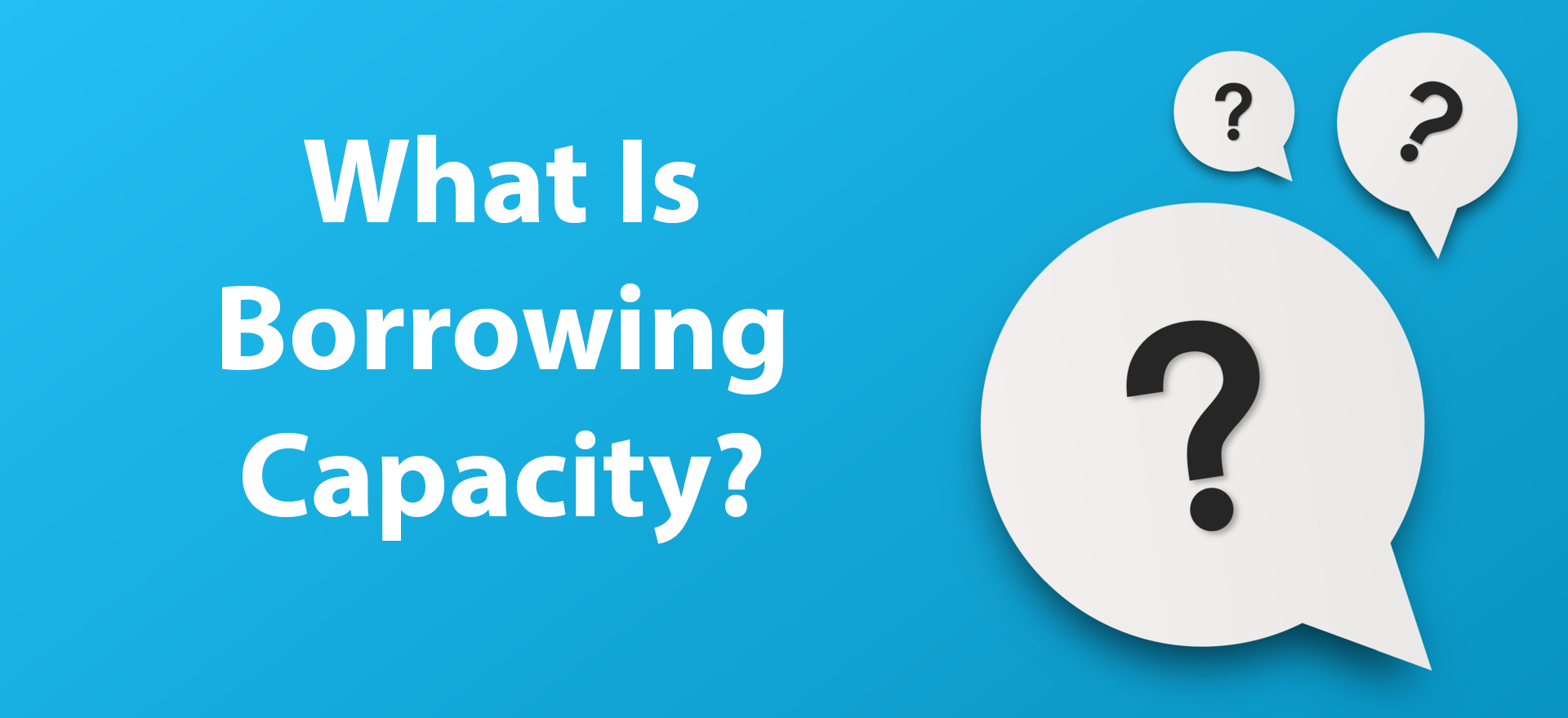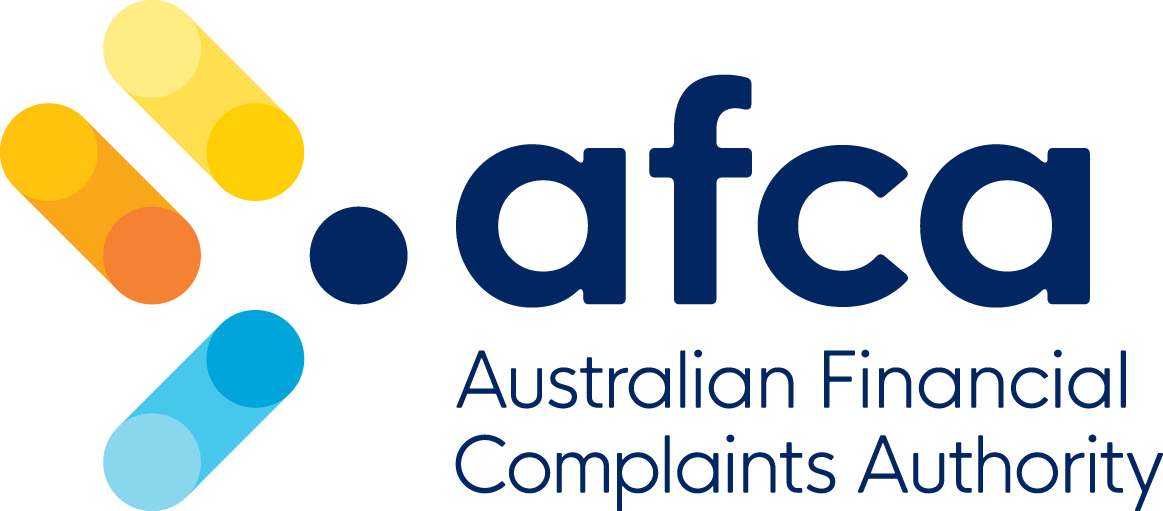What Is Borrowing Power?
Borrowing power refers to the maximum amount a lender is willing to lend you based on your financial situation. It depends on factors like your income, expenses, credit score, and existing debts. Knowing your borrowing power gives you clarity and confidence when house hunting.
Key Factors That Influence Borrowing Power
1. Income Stability
Lenders prioritize consistent income. If you’re self-employed, detailed financial records can help strengthen your application.
2. Current Debts
Existing loans or credit card debts reduce the amount you can borrow. Pay off as much as you can before applying.
3. Living Expenses
Your spending habits matter. Lower discretionary expenses can improve your borrowing capacity.
4. Credit Score
A higher credit score unlocks better loan terms and larger borrowing limits.
Tips to Maximize Your Borrowing Power
- Consolidate Debts: Merge high-interest loans into a single, lower-interest repayment plan.
- Improve Your Credit Score: Regularly check your credit report and resolve any errors.
- Reduce Unnecessary Spending: Budget effectively to show lenders you’re financially responsible.
Why Knowing Your Borrowing Power Matters
Understanding your borrowing power prevents disappointments and ensures you’re looking at properties within your financial reach. It also helps you secure pre-approval, which strengthens your negotiating position with sellers.





